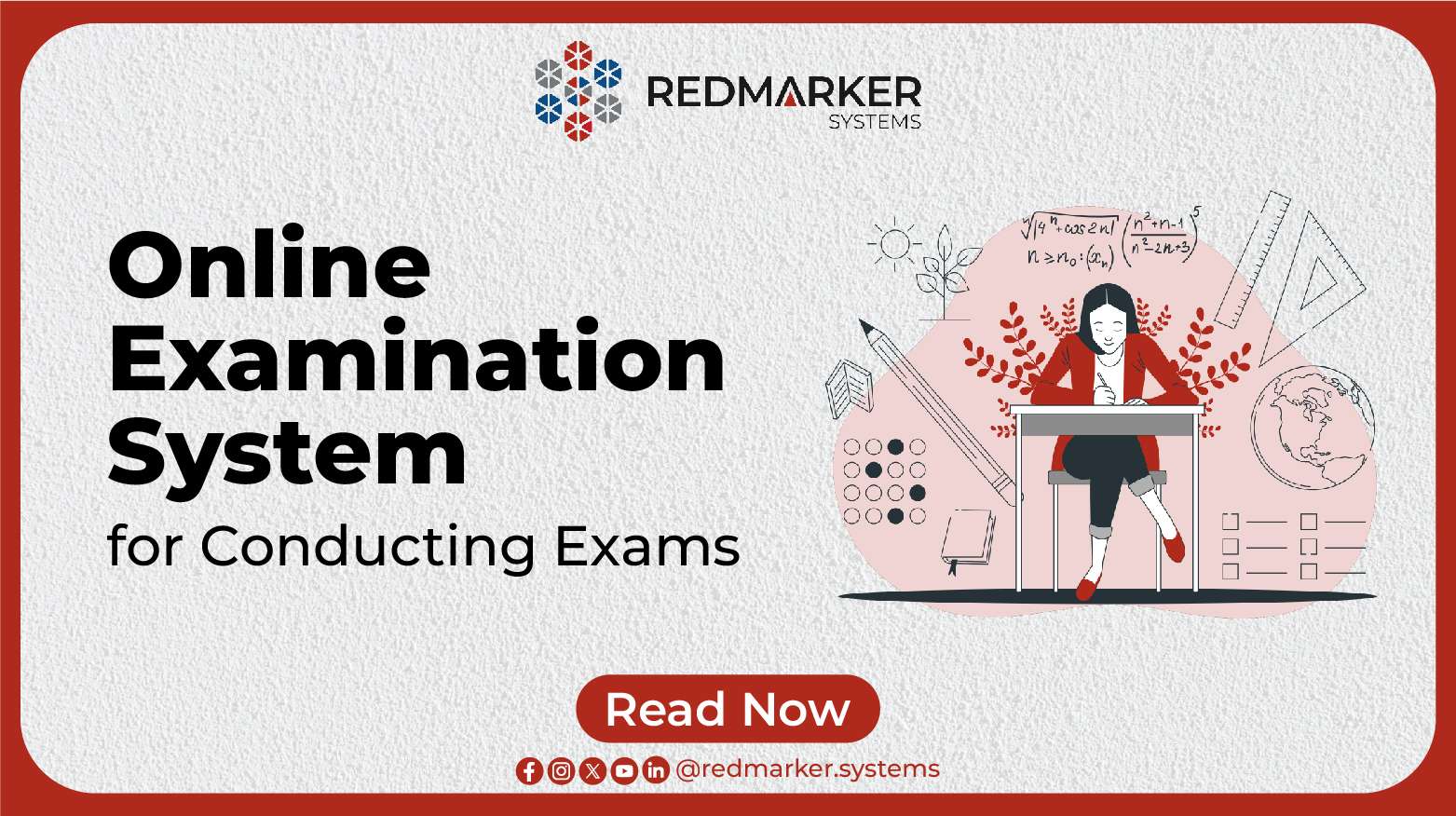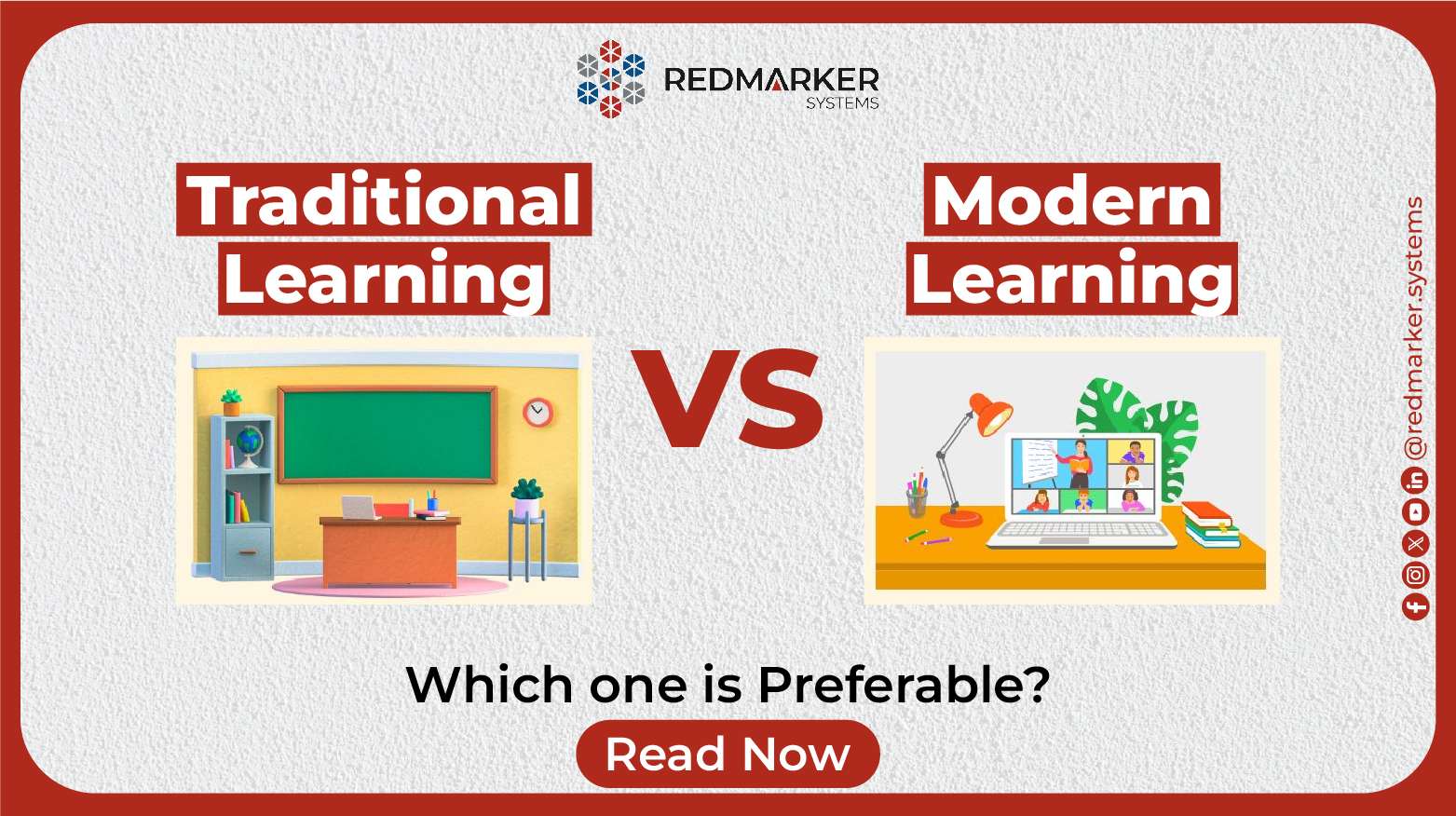Unveiling the Power of Meaningful Learning Assessments: A Comprehensive Guide
Introduction:
In the dynamic landscape of education, the pursuit of meaningful learning experiences has become a cornerstone for educators and learners alike. One crucial aspect that plays a pivotal role in this quest is the art and science of “Meaningful Learning Assessments.” This informative blog post delves deep into the intricacies of meaningful assessments, exploring strategies, best practices, and innovative methods to enhance the learning experience.
Understanding Meaningful Learning Assessments Defining the Landscape
Meaningful Learning Assessments encompass a range of strategies designed to evaluate students’ understanding, knowledge acquisition, and application of skills in a way that goes beyond traditional testing methods. These assessments aim to provide insightful feedback, encourage critical thinking, and foster a deeper connection between the learner and the subject matter.
Criteria for Meaningful Learning Assessment
To ensure assessments are truly meaningful, educators should establish clear criteria. These criteria may include authenticity, relevance to real-world scenarios, alignment with learning objectives, and the incorporation of diverse assessment methods.
Exploring Assessment Strategies
Formative Assessment Techniques
Formative assessments play a pivotal role in gauging ongoing learning progress. This section discusses various formative assessment techniques, such as quizzes, peer reviews, and classroom discussions, providing insights into their effectiveness and application.
Summative Assessment Best Practices
While formative assessments guide the learning process, summative assessments conclude it. Best practices for summative assessments, including standardized testing, project evaluations, and comprehensive exams, are explored to highlight their role in measuring overall learning outcomes.
Student-Centered Assessment
Shifting the focus to the learner, student-centered assessments empower students to take an active role in their evaluation. This section explores methods like portfolios, self-assessment, and goal-setting, fostering a sense of ownership and accountability.
Implementing Innovative Methods
Authentic Evaluation
Authentic evaluation methods mirror real-world scenarios, providing students with tasks that mimic the challenges they may face outside the classroom. Case studies, simulations, and project-based assessments are discussed as effective ways to bring authenticity to evaluations.
Innovative Assessment Methods
As education evolves, so do assessment methods. This section explores cutting-edge approaches, including gamified assessments, multimedia projects, and technology-enhanced assessments, offering educators a glimpse into the future of learning evaluation.
Addressing FAQs
What is an example of meaningful learning?
Meaningful learning involves the active construction of knowledge, connecting new information to existing understanding. An example could be a science project where students investigate real-world environmental issues, applying scientific principles to propose solutions.
What is an assessment that students are asked to do meaningful tasks?
Projects that require students to solve real-world problems or create tangible products are examples of assessments involving meaningful tasks. These assessments not only evaluate knowledge but also assess practical application and problem-solving skills.
What is the meaningful and authentic assessment?
A meaningful and authentic assessment reflects real-world situations and tasks, ensuring that the skills and knowledge students acquire are applicable beyond the classroom. This includes assessments that mirror workplace challenges or community issues.
What is the best type of learning assessment?
The best type of learning assessment depends on the learning objectives and the desired outcomes. A balanced approach that incorporates a mix of formative and summative assessments, along with authentic and student-centered methods, is often considered the most effective.
Conclusion: Embracing a Future of Meaningful Learning
In conclusion, Meaningful Learning Assessments represent a paradigm shift in education, emphasizing the importance of engaging, relevant, and authentic evaluations. Educators are encouraged to explore a diverse array of assessment strategies, always mindful of the criteria that make assessments truly meaningful. By doing so, we pave the way for a future where learning assessments become a catalyst for meaningful and lasting knowledge acquisition.



